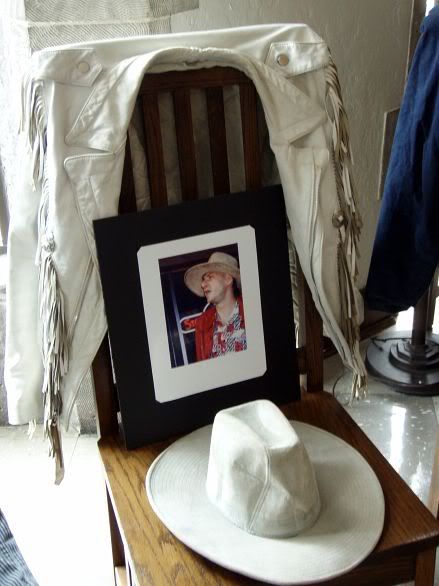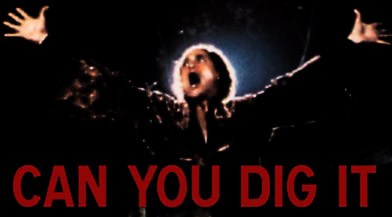And this is some good shit.
But the early bird doesn't always get the worm, and apparently St. Vinnie's gets a fuck-ton of records during the year because fresh meat comes down periodically during the three days of wax madness, and you know what? They probably put all the bullshit out first. And so I found myself all but alone in a dim, stanky basement the day after opening night, getting to know a French brunette named Mireille Mathieu.
Frivolous, bohemian, melodramatic. The music of Mireille Mathieu is what everyone expects a French woman to be. And like all stereotypes, the exaggerated Frenchiness of French pop music from the 60s makes for a gleeful boom-bap reinterpretation.
Of course, I am not the first one to figure this one out. That punch landed before I even had a chance.
But the Mireille Mathieu records I picked up at St. Vinny's are representative of an aspect of digging you could call the Six Degrees of David Axelrod. Axelrod was an arranger and producer for Capitol Records in the 1960s, working with artists like David McCallum and Lou Rawls. His album The Edge, a compendium of his work at Capitol from 1966 to 1970, contains the source material for Dr. Dre's The Next Episode and the piano riff from DJ Shadow's Midnight in a Perfect World, as well as breaks and interludes that are now part of the common vocabulary of hip hop music.
Capitol also released several of Mireille Mathieu's albums to the US. Her 1967 album, apparently titled Made in France although that name appears nowhere on the album, stands alongside most of The Edge in the intangible way that connects The Next Episode and What's the Difference, the same subtle aura that tells you that Bob James and Airto belong on CTI. Sometimes one entity, be it Capitol Records or Dr. Dre or Queensbridge or the South, achieves a gravity similar to that of a forming star, pulling in elements and fusing them into something cohesive and creative. I suppose that's what a DJ is, as well. Bruce Lee said that the highest style is no style, which is to say the absolute transcendence of style, the ability to take at will from one's surroundings and create unity. So take two parts French arrogance, 2 parts 1960s David Axelrod, and a dash of Bruce, and make a mothafuckin' beat.
These'll help get you started.
Julien Clerq - La Californie
Jacques Brel - Le Dernier Repas
As a sad addendum to this post, St. Vincent de Paul was also the last place I saw Madison legend Robert Hicks, aka Cosmo, a few weeks before he passed on March 31st. He will be missed.




